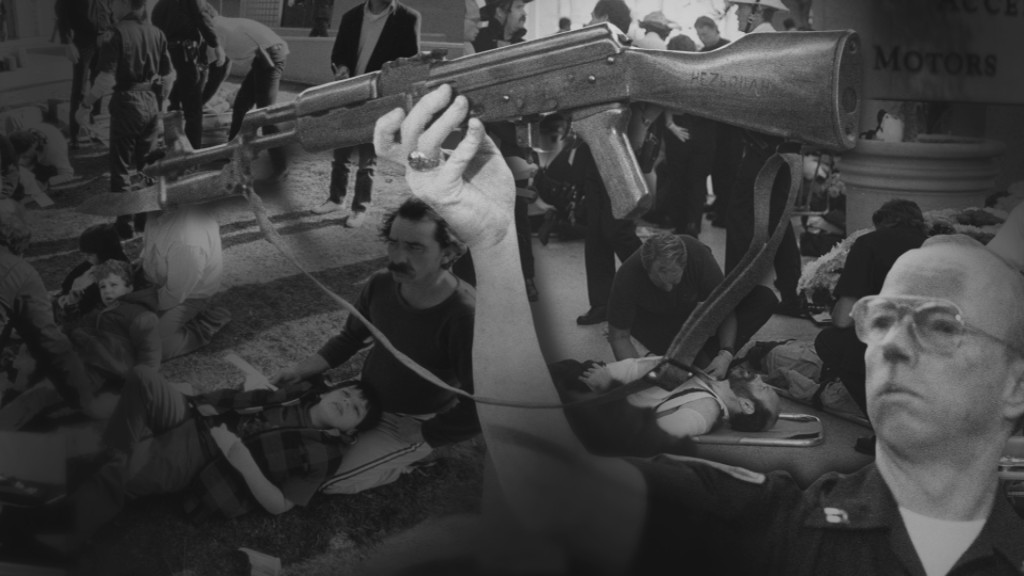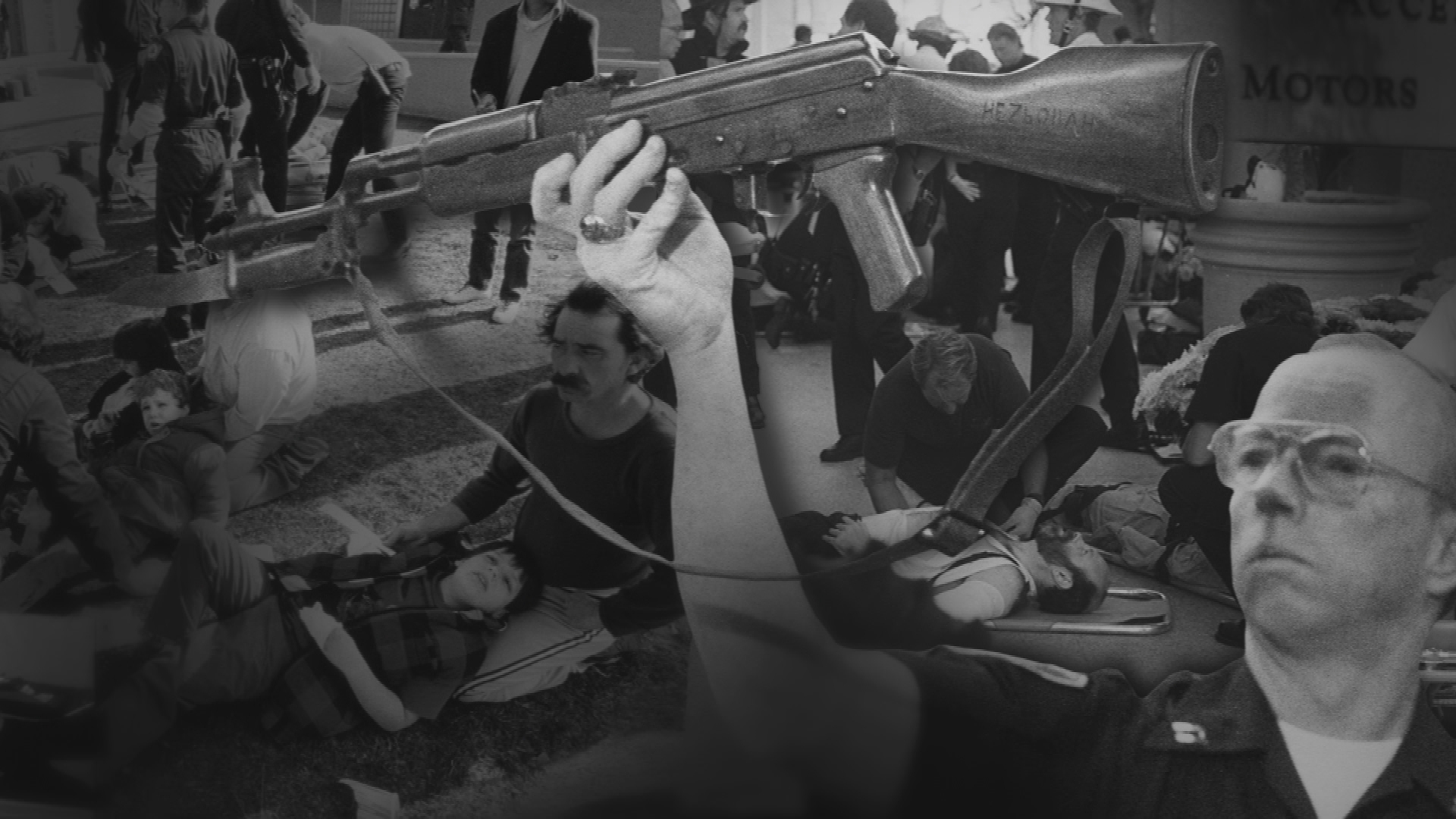The Gun-Control Movement, Two Years After Newtown

December 19, 2014
Share
Two years after the Newtown shooting, the gun-rights lobby still holds the edge when it comes to gun policy in America.
On the federal level, gun-rights groups, led by the National Rifle Association (NRA), spent roughly twice what gun-control groups spent on national political campaigns and nine times what they paid to lobby Congress, according to data from the Sunlight Foundation and the Center for Responsive Politics.
And at the state level, lawmakers continue to favor gun supporters, passing more laws to expand gun rights than to restrict them.
There’s also been a shift in public support. Last week, the Pew Research Center released a new study showing that a majority of people in the U.S. — 52 percent — now believe it’s more important to “protect the rights of Americans to own guns” than to control gun ownership. The results mark the first time Americans have significantly prioritized gun rights since Pew began asking this question in 1993.
Even so, gun-control advocates say they’re starting to gain some momentum. They’re spending more than they have in the last decade. They’ve expanded their grassroots game, and managed to rack up legislative victories in several states. And they’re changing the way they talk about the issue.
Nancy Watzman, who tracks political expenditures for the Sunlight Foundation, said she’s seen the groups shift tactics since Newtown. “We’re seeing a bit of maturing of how they’re doing it,” she said. “The gun groups like the NRA have been doing this for ages, and they have it down. The gun-control groups with this kind of money are newer, and they’re just starting to figure it out.”
She added, “How that will play out remains to be seen.”
A Grassroots Game
Gun-control advocates have started to model themselves after their biggest rival, the NRA, by closely tracking — and weighing in — on gun laws at the state level. That’s where the NRA has quietly exercised a lot of power and helped create engaged members. And they still do: Like last year, states passed more laws to expand gun rights (60) than to restrict them (46).
Despite the imbalance, reform advocates made some significant gains this year, said Laura Cutilletta, a senior attorney at the Law Center to Prevent Gun Violence, who analyzed the laws. She pointed to a major reform bill that passed in Massachusetts that would, among other things, establish an online portal that gun buyers and sellers would use to verify each other’s licenses.
“This was a new approach,” she said. “There’s been a lot of new ideas and new ways to approach this problem, so we expect to see an increase [in new reform legislation] next year.”
The change is due in part to new grassroots pressure from gun-control groups. In the past two years, they have strengthened and expanded local chapters of volunteers who lobby state lawmakers, march and sign petitions calling for reform. In the months after Newtown, gun-control advocates in Connecticut — many of them suburban moms — started turning up at legislative hearings and pressuring lawmakers in support of the state’s reform bill, which ultimately passed.
This year, Moms Demand Action for Gun Sense in America — now a part of Everytown for Gun Safety — successfully lobbied seven major companies, including Target, Chipotle, Chili’s and Starbucks, to discourage gun owners from bringing their firearms into their stores and restaurants. They signed petitions, made phone calls and staged rallies to make it happen. The group is focusing on Kroger next.
Advocates also pushed for laws in six states that would prohibit people convicted of domestic violence from possessing firearms. California’s law included a provision that allows relatives to petition a court to remove a person’s firearm if they can show that they pose a threat to themselves or others.
By far, the gun control movement’s biggest victory this year was in Washington state, where reform supporters helped to put a measure to expand background checks for gun owners on the November ballot. Everytown said it spent more than $12 million and dispatched six full-time staff members to help get the measure passed. The measure won nearly 60 percent of the vote.
Everytown says it has signatures to put a similar measure to a vote in Nevada in 2016. Advocates are eyeing the same idea in 17 other states, including Maine and Arizona.
Money Matters
Gun-rights groups still hold a major edge when it comes to spending. And they get results.
The NRA’s PAC, the Political Victory Fund, spent nearly $14 million attacking Democratic candidates during the 2014 campaign, according to an analysis of independent expenditures — money spent expressly in support or against a federal candidate — by the Sunlight Foundation. The foundation calculated that the NRA’s “return on investment,” based on how many winning candidates it backed, was 95 percent.
The top gun-control group PAC, Americans for Responsible Solutions, founded by former Rep. Gabby Giffords, spent $8.8 million attacking Republican candidates who advocated expanding gun rights — but had only a 34 percent return on investment.
But the gun-control cause also had major backing from Independence USA, a PAC set up by former Mayor Michael Bloomberg, which spent nearly $20 million on state-level contests, including the Washington ballot initiative to tighten background checks. It also supported two Democratic gubernatorial candidates up for re-election — John Hickenlooper in Colorado and Dan Malloy in Connecticut — who had signed controversial gun control legislation after Newtown. Both men kept their posts.
Don’t Call It “Gun Control”
Advocates have also started to rethink the way they talk about their goals. Today, none of them actually use the term “gun control.” “That’s a phrase that was pointed to as divisive, or didn’t have the right tone or implications,” said Shannon Watts, who founded Moms Demand Action.
They talk instead about “gun safety,” “common-sense gun laws,” or more simply, “keeping guns out of the wrong hands.” They underscore that even as Americans support firearm ownership, 91 percent also want mandatory background checks.
“This framing of pro-gun versus anti-gun, or pro-restriction versus Second Amendment rights, is not a healthy way of looking at this issue if our goal is to save lives,” said Dan Gross, head of the Brady Campaign to End Gun Violence. “We need to look at the opportunities that clearly exist to prevent gun deaths and crime while being consistent with the Second Amendment and the desire of law-abiding citizens to own guns.”

Related Documentaries
Latest Documentaries
Related Stories
Related Stories
Explore
Policies
Teacher Center
Funding for FRONTLINE is provided through the support of PBS viewers and by the Corporation for Public Broadcasting, with major support from Ford Foundation. Additional funding is provided the Abrams Foundation, Park Foundation, John D. and Catherine T. MacArthur Foundation, Heising-Simons Foundation, and the FRONTLINE Trust, with major support from Jon and Jo Ann Hagler on behalf of the Jon L. Hagler Foundation, and additional support from Koo and Patricia Yuen. FRONTLINE is a registered trademark of WGBH Educational Foundation. Web Site Copyright ©1995-2025 WGBH Educational Foundation. PBS is a 501(c)(3) not-for-profit organization.





















